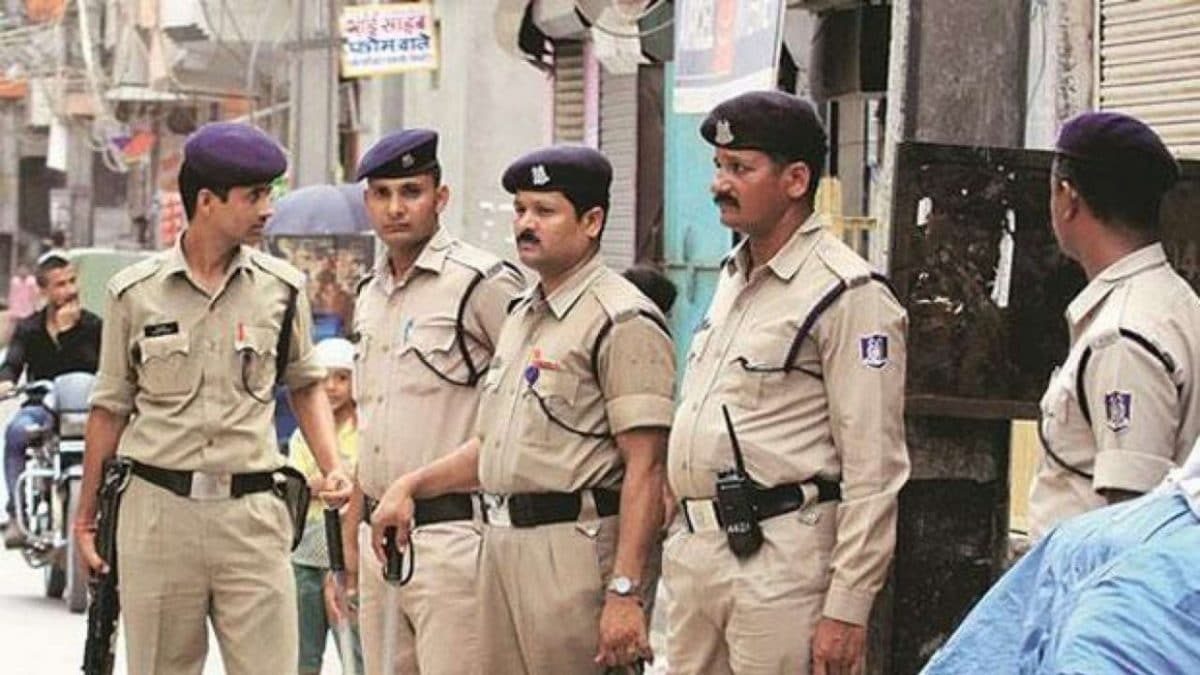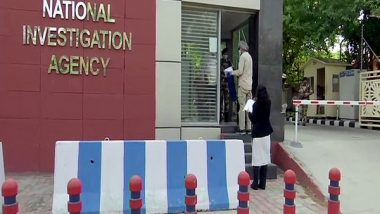Not Delhi but 1st FIR under new criminal laws filed here...

The three new criminal laws that replace British-era laws came into effect today
The first FIR under the new criminal laws was not filed against a street vendor in Delhi. In a press conference, Union Home Minister Amit Shah said on Monday (July 1) that the news of the first FIR under the new criminal laws being filed in Delhi against a street vendor was false. He said that the purported case in Delhi was never filed. Shah made the clarification after it was reported that the Delhi Police lodged an FIR against a street vendor for obstructing a road near the New Delhi Railway Station under the Bharatiya Nagarik Sanhita (BNS). He said that no such FIR was filed. Instead, the first FIR was filed in Madhya Pradesh’s Gwalior, said Shah. “The first case has been registered at a police station in Gwalior. It was a case of theft. Someone’s motorcycle was stolen. The case was registered at 12:10 am...As far as the case against a vendor [in Delhi] is concerned, there were provisions for the same earlier too and it is not a new provision. The police used the provision to review it and dismissed that case,” said Shah. #WATCH | HM Amit Shah clarifies that the first case under new criminal laws was registered in Gwalior, MP. The case registered at Kamla Market PS was one of the first cases registered in Delhi under the new laws. He says, "...The first case (under the new laws) has been... https://t.co/MEGEWhs9RI pic.twitter.com/Y8Z82wgUsj Last year, the parliament passed three criminal laws to replace the existing laws dating to the British rule of the country. The three laws are Bharatiya Nyaya Sanhita (BNS), Bharatiya Nagarik Suraksha Sanhita (BNSS), and Bharatiya Sakshya Adhiniyam (BSA) which have replaced India Penal Code (1860), Code of Criminal Procedure (1973), and Indian Evidence Act (1872). The three new laws came into effect on Monday (July 1). Speaking on the day the new criminal laws come into force, Shah said that the Indian laws were now completely “swadeshi” (home-made). He further said that the new laws have been made such that the idea of punishment has been replaced with the idea of justice that’s delivered swiftly. “After 75 years, these laws were contemplated upon and when these laws are in effect from today, colonial laws have been scrapped and laws made in the Indian Parliament are being brought into practice. Instead of ‘dand’ (punishment), it is now ’nyay’ (justice). Instead of delay, there will be speedy trial and speedy justice. Earlier, only the rights of the police were protected but now vicitms’ and complainants’ rights will be protected too,” said Shah, as per ANI.






0 Comments